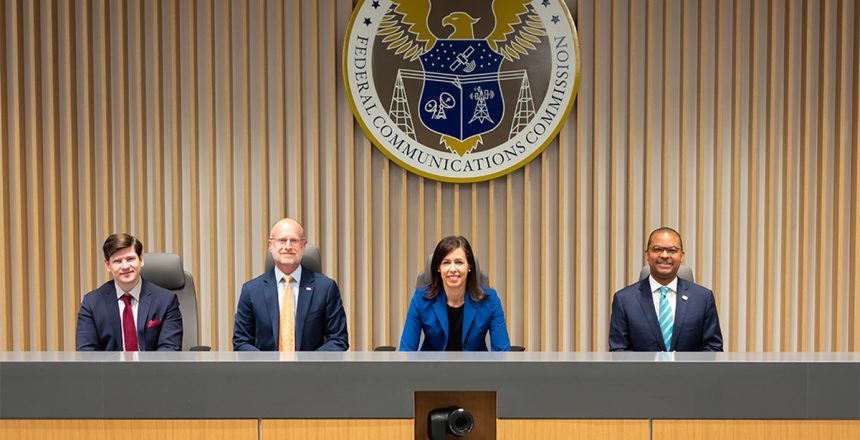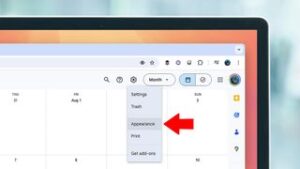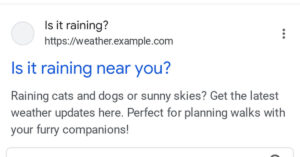/cdn.vox-cdn.com/uploads/chorus_asset/file/24738790/fcc_commissioners_04212022_web__1_.png)
Federal Communications Commission Chair Jessica Rosenworcel has announced a proposal to investigate broadband internet data caps and their effect on consumers. To help with the investigation, the FCC has opened up a portal asking for public comment on how they’ve been affected by data caps — that is, limits on how much internet data a customer can use before being charged more money or having their service slowed down.
The FCC especially wants to hear about the effects of data caps on “those with disabilities, low-income consumers, and historically disadvantaged communities” as well as their impact on education, the ability to access public safety services, and more.
A lot of ISPs suspended data caps during the covid pandemic, with companies like Comcast noting the need for Americans to stay connected to the internet for work, education, and personal reasons. As the pandemic wore on, companies began limiting plans once more, but pushback by the public and government has slowed a full return to pre-pandemic data limits.
Rosenworcel is asking the board to back her proposal, calling internet access a “need-to-have for everyone, everywhere.” But before the FCC can start regulating data caps, it will need to figure out if it even has the authority to do so.
In the meantime, the FCC’s deadlock could hamper any dealings with data caps — its partisan split has already prevented it from fining wireless companies for illegally selling their customers’ location data, for instance. Right now, the biggest companies that impose limits do so on a monthly basis and typically start charging extra after about a terabyte of monthly use.
In the case of AT&T, pricing can start at $55 per month for a 25Gbps plan before going up to $65 per month or more after a year, and the company will charge $10 for every extra 50GB you use (unless you upgrade to unlimited for $30 per month or have a plan that’s already unlimited). Cox internet is similar, with plans starting at $50 per month for a 100Gbps or 200Gbps plan, with a teeny-tiny 5Gbps upload speed and a 1.25TB monthly limit, again charging $10 per 50GB if you go over.
If that makes your head swim, I don’t blame you. And none of it takes into account the additional fees ISPs often tack onto the end of your bill. Going over a terabyte-plus data limit isn’t all that hard, either, especially if you stream a lot or use high-end game consoles, where new games increasingly clock in at over 100GB. Once you’ve done that, you can quickly rack up another $100 in a matter of days, especially if you have a couple of kids and a Disney Plus subscription.






